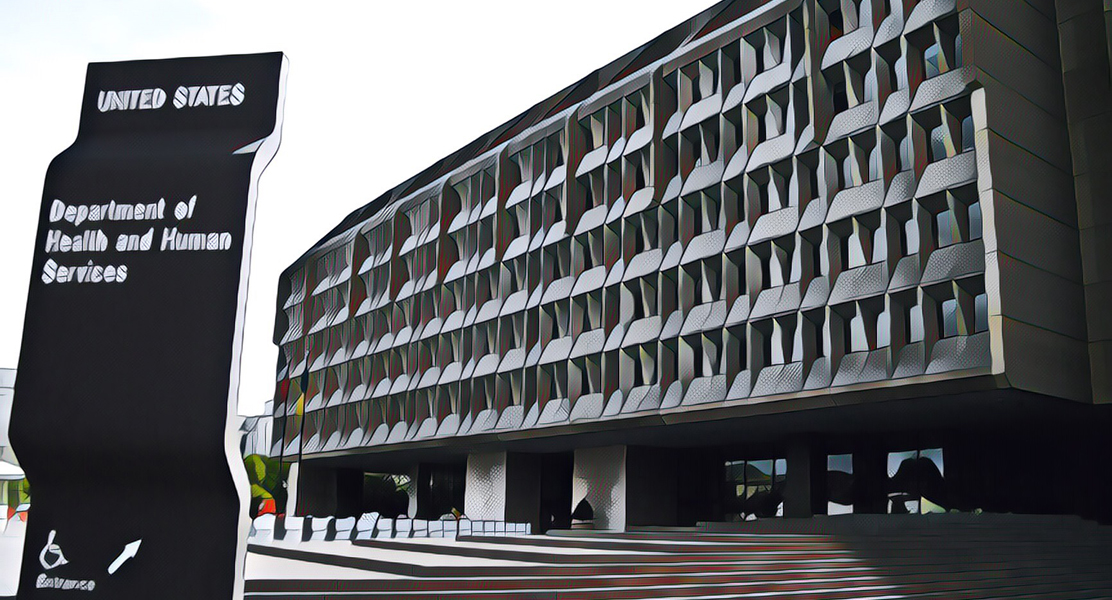BJC urges HHS to include greater transparency and clarity in final rule concerning religious exemptions to agency grant requirements

When grant recipients make a request to the Department of Health and Human Services (HHS) for a religious exemption from grant requirements, HHS says it should require the recipient to explain the basis for the request, and it should consider the potential harms to others if the exemption is granted. That is the heart of a new rule proposed by HHS to govern the administration of grants, including the process for handling requests for exemption or modification of grant requirements.
But religious liberty advocates, including BJC, are asking HHS to go further in articulating all exemption requirements needed to comply with federal religious freedom law.
In a public comment submitted this week to HHS, six organizations urged HHS to include specific language in the final rule to emphasize, among other things:
- That HHS must engage in a fact-sensitive, case-by-case analysis of the burdens and interests involved in every request for a religious exemption. Although the preamble acknowledges this requirement, the comment asks that “the case-by-case requirement be made explicit in the text.”
- That assuring exemptions are not provided on the basis of “unsupported assertions, hypotheticals, and conjecture” requires HHS to “establish with certainty” that recipients requesting exemption have provided sufficient information to assess both their claim and the potential harms to others.
- That HHS should state clearly the elements for an exemption must meet the essential elements of the Religious Freedom Restoration Act (RFRA). That includes the requirements that the burden is “substantial,” that it is “sincerely held,” and that the burden and an associated religious belief are “logically tied.”
- That HHS must engage in Establishment Clause analysis of each request for an exemption, including examination of potential harm to third parties. “Granting exemptions from anti-discrimination protections,” the public comment warns, “would undercut the effectiveness of the programs by making it harder for people who have often faced significant barriers—particularly LGBTQ people, women, those with limited economic resources, people with disabilities, and other historically marginalized populations—to get access to the services they need.”
Lastly, the comment calls for religious exemption decisions to be made public to increase transparency. The comments were filed jointly by BJC, ACLU, Americans United for Separation of Church and State, American Atheists, Interfaith Alliance, and the National Council of Jewish Women.
BJC continues to support nondiscrimination with government money. Robust protection of religious freedom does not mean that all requests for religious exemptions are granted — often, it means just the opposite. The Proposed Rule issued by HHS improves those safeguards when administering such requests. But we can do even better, as the public comment makes clear. You can read the public comment here.




